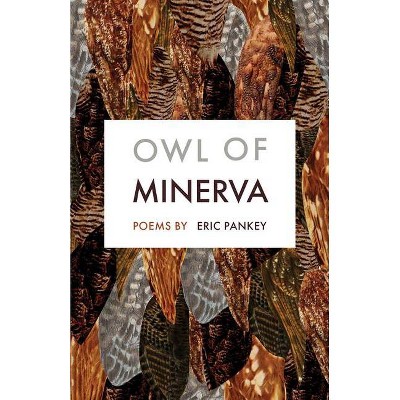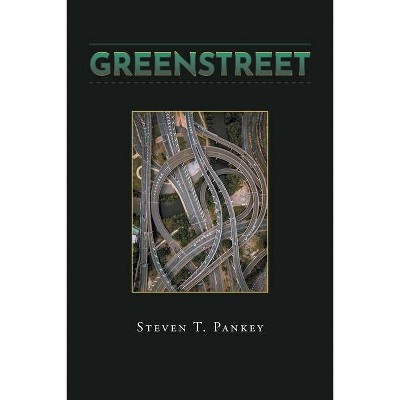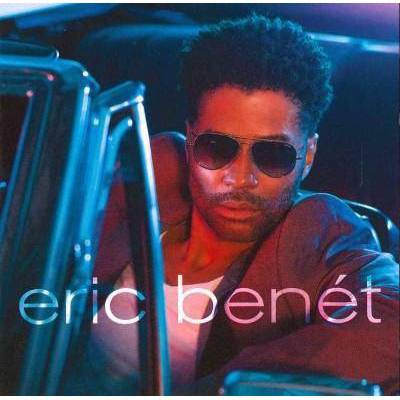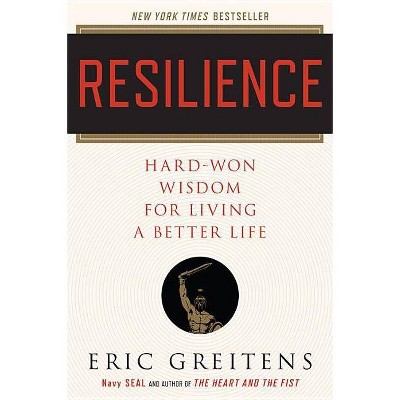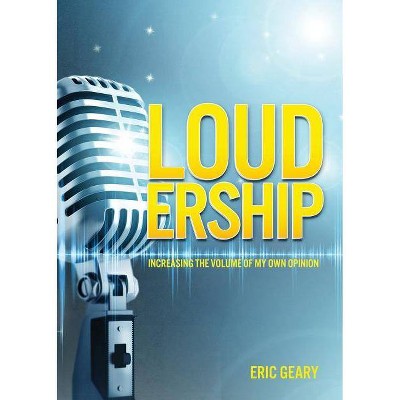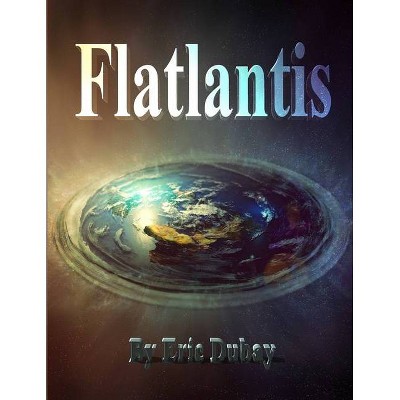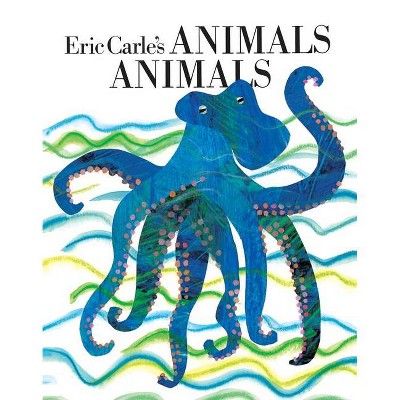Augury - by Eric Pankey (Paperback)
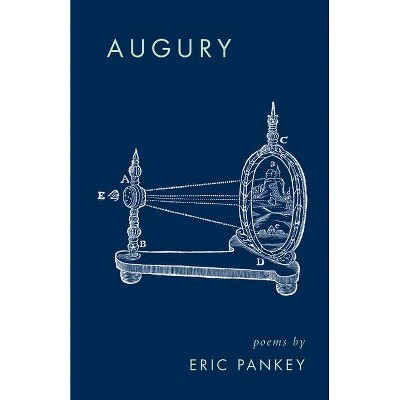
Similar Products
Products of same category from the store
AllProduct info
<p/><br></br><p><b> About the Book </b></p></br></br><b>"Eric Pankey's poems gleam with authenticity."--Chase Twichell</b><p/><br></br><p><b> Book Synopsis </b></p></br></br>From celebrated poet Eric Pankey, a collection exploring the presence of the divine in the seemingly ordinary. <p/> The ancient Romans practiced augury, reading omens in bird's flight patterns. In the poems of <i>Augury</i>, revelation is found in nature's smallest details: a lizard's quick movements, a tree scarred by lighting, the white curve of a snail's shell. Here the sensory world and the imagined one collide in unexpected and wonderful ways, as Pankey scrutinizes the physical for meaning, and that meaning for truth. <p/> With uncommon grace, each of Pankey's precise lyrics advances our shared ontological questions and expresses our deepest contradictions. In a world of mystery, should we focus on finding meaning or creating it? How can the known--and the unknown-- be captured in language? <p/> <i>Augury</i> is a masterful and magical collection from a poet of stirring intelligence, a book of stones unstitched from the wolf's belly.<p/><br></br><p><b> Review Quotes </b></p></br></br><br><b>Praise for <i>Augury</i></b> <p/> <i>Augury</i> employs precise nature imagery to perform its own divinations. These poems seem to exist in an alternate reality, where magic unfolds next to the mundane and the past blurs with the present and future.<b>--<i>The Arkansas International</i></b> <p/> "In <i>Augury</i>, Eric Pankey speculates on the largest of human questions, searching for faith even while fully cognizant that 'you can excavate the scents / but still not find the source.' Ultimately, short of hard evidence, <i>Augury</i> risks it all on a belief in language, in the words and marks traced by humankind on a blank page. Faith may be found in the materiality of language itself, and Pankey's deft skill with its music and image 'both the large and the granular' persuades us. These poems demonstrate an unparalleled command of the lyric and its capacious potential. In poems like dropped stitches, aphoristic sequences, and exquisitely lineated verse, language is placed under pressure to yield its seething dynamism and urgency. <p/> "This is a book I will keep close at hand, alongside the best work of Montale, Dickinson, Celan, and Stevens. This is a book one will turn to again and again."<b>--Rebecca Dunham</b> <p/> "These pages are marked by the startling confidence of one who knows he does not know, who 'at a loss for words, ' responds by writing poems. There is no more audacious act; there is no work more humble. Eric Pankey writes poems that give us back, if not the world, our relation to it--where we can learn from what resists understanding, where even withholding reveals, where the future includes all the past, and though the mind might be obliterated by the light it seeks, it seeks it still, in the ruins and in the orchard."<b>--Dan Beachy-Quick</b> <p/> "A good book of poems, to borrow Marshall McLuhan's usage of the term, massages a reader into a sense. <i>Augury</i>'s massaging gives us the best of two senses: just enough poems that are free-floating, so that when Pankey plants us in a specific place and time, we feel the force of the ethereal in the particular and mundane."<b>--<i>Commonweal</i></b> <p/> "Eric Pankey's poems in <i>Augury</i> manage the almost impossible task of invoking the stillness that exists within movement. This renders the poems marvelously meditative, no matter their topical content, because everything in them is brought to exist in a kind of space between perception and what is perceived, a space made somehow sacred by Pankey's refusal to privilege one over the other, allowing both to simply be. The result is an unusually quiet and masterful work."<b>--Christopher Howell</b> <p/> Each ethereal image he weaves into his work is delicately curated, whittled down through his attention to sound. . . . Pankey's poems destabilize as they straddle time and place, and he looks askance at the narrow way in which language is often viewed.<b>--<i>Publishers Weekly</i></b> <p/> "Reading <i>Augury</i>, I feel as if Eric Pankey were drawing my attention to an experience of human history in such profoundly reverse sensory order that it is ultimately turned entirely soul-ward--by which I mean neither inward nor outward exactly, but toward the condition in which all assumptions can and should be questioned. Gods, ghosts, artists, ruins and the more vivid pleasures of civilization abound, as do the sublime horrors and ecstatic wonders not merely of divination, but of our daily lives: the very mortal acts of breathing, learning, sensing, and feeling. 'By shadow, I mean something luminescent, ' Pankey writes. <i>Augury</i> is nothing less than a darkly luminous book by a poet at the height of his considerable poetic power, both an achievement and a book to return to again and again."<b>--Kathy Fagan</b> <p/> <b>Praise for <i>Crow-Work</i></b> <p/> "Eric Pankey's sensibility is an unerringly generous one: he is always willing to step first onto unsteady ground, to test it for those who might follow. The poems of <i>Crow-Work</i>, like good gleaners, seek out possibility and sustenance. They are skilled, deft, and dazzlingly alert. Just when I think they have brought me as close as possible to the dark and unknowable things that make awe possible, they bring me closer. The journey is unnerving, intimate, and thrilling."<b>--Mary Szybist</b> <p/> "Eric Pankey is engaged in a meaningful struggle with the elements of the lyric. Faithful to his sensory experience of the world, he affirms an extrasensory totality. Pankey is a powerful poet, and not only because of his engagement: his best poems speak for themselves."<b>--Michael Autrey</b> <p/> "The delicacy and accuracy we have come to expect from Eric Pankey are here on display and as deftly deployed as ever. Pankey remains one of our leading practitioners of the metaphysical poem."<b>--C. Dale Young</b> <p/> <b>Praise for <i>Trace</i></b> <p/> "Eric Pankey's ninth collection follows the poet into the hushed 'gray dawn' of depression as he searches, often in vain, for God, and for faith in nature and himself. . . . It's hard to deny the conflict that Pankey explores honestly and powerfully in these new poems."<b>--<i>Publishers Weekly</i></b> <p/> "Eric Pankey's poems gleam with authenticity. They are prayers sent into the unknown, for 'one must penetrate the invisible to reside in the visible.' One of their great pleasures is the door through which Pankey enters the mysteries: the natural world, with which he has profound intimacy. In language that is always elegant, complex, and rigorously truthful, he transfixes us with glimpses of what we can never fully know."<b>--Chase Twichell</b><br>
Price History
Price Archive shows prices from various stores, lets you see history and find the cheapest. There is no actual sale on the website. For all support, inquiry and suggestion messagescommunication@pricearchive.us
